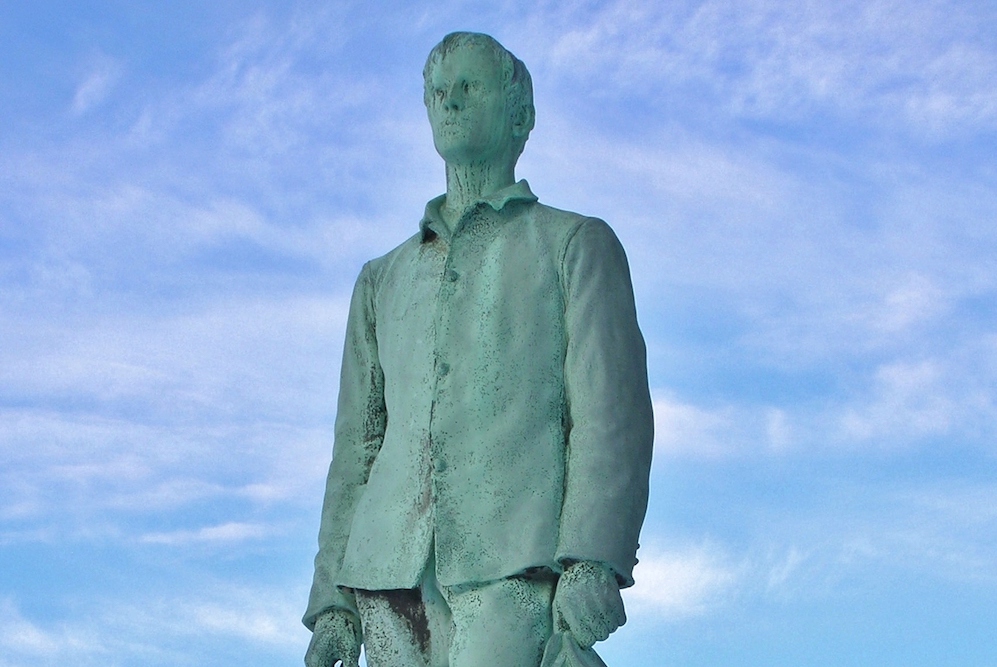The Union Army Regiment That Survived Andersonville
Defeated and Humbled in Battle, the 16th Connecticut Volunteers Gained a Measure of Redemption by Enduring a Year in a Brutal Confederate Stockade
More than 40 years after the Civil War ended, machinist George Q. Whitney, formerly a private in the 16th Connecticut Volunteer Infantry, helped to dedicate a monument to his state’s prisoners of war. The statue, nicknamed “Andersonville Boy,” was a duplicate; the original had been erected at the site of the former Confederate prison in Andersonville, Georgia in October 1907. Whitney told a crowd assembled in Hartford that, “many of you know nothing of the Men whom I represent, so it seems to be the proper time and place …










